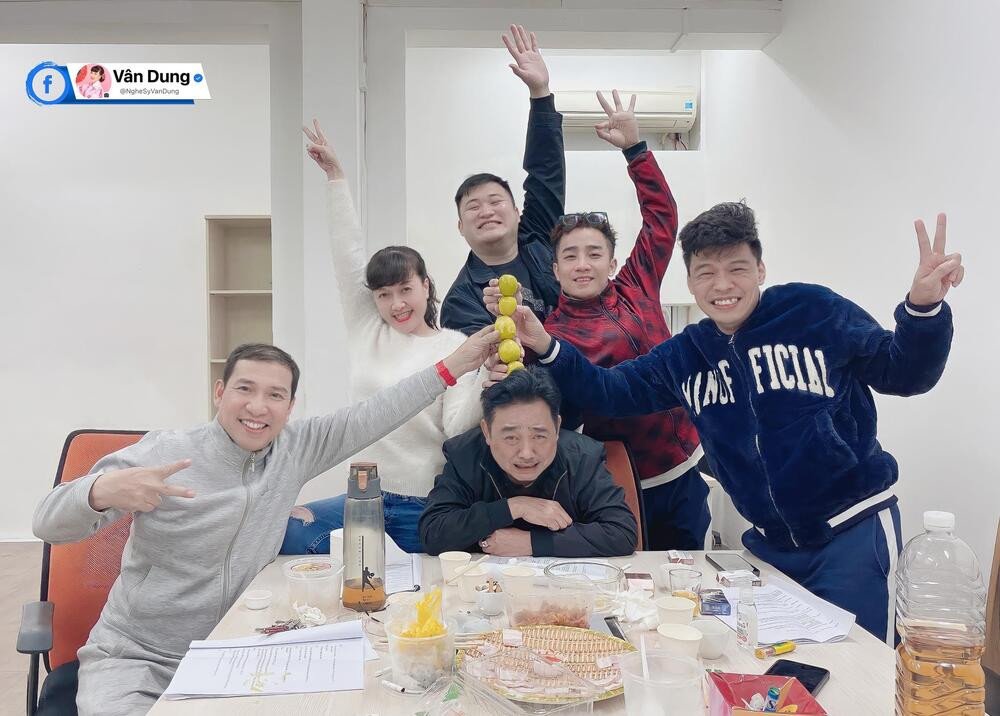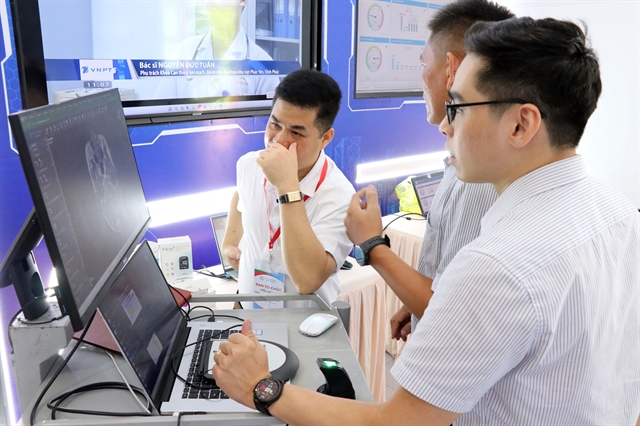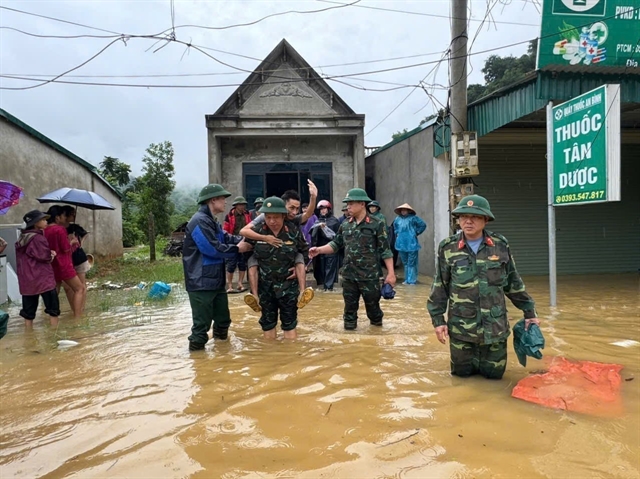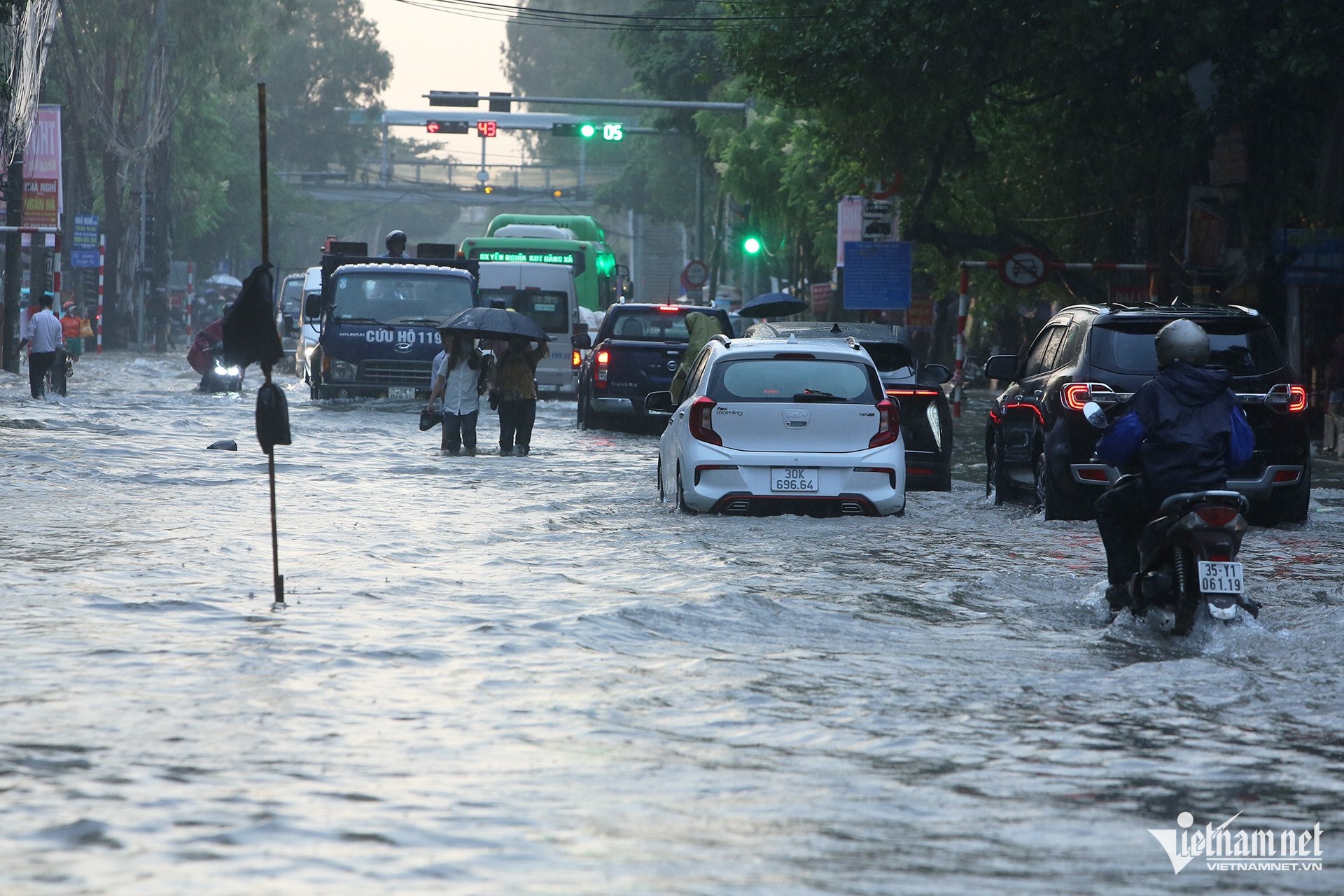▌Câu trả lời hay nhất
Thebeijing guoan focus of the financial support is infrastructure, manpower, and post-pandemic economic recovery.

Vietnam in July inked a loan agreement worth JPY60 billion (US$435 million) with the Japan International Cooperation Agency (JICA), the largest loan package ever signed for the Southeast Asian country since 2017.
.jpg) |
| Sugano Yuichi, Chief Representative of JICA – Vietnam Office, at the press conference in Hanoi on Oct 18. Photos: JICA |
Sugano Yuichi, Chief Representative of JICA – Vietnam Office, said at an annual press conference on the fiscal year 2023 held in Hanoi on October 18.
The combined amount which is part of the 2023 spending plan starting in April 2023 would be poured into three projects namely improving urban public transport, expanding agricultural supply chains, and post-pandemic economic recovery, Sugano Yuichi said.
Specifically, JPY6.24 billion is earmarked to fund the Public Transport Infrastructure Improvement project in Binh Duong Province, the Upgrading Infrastructure for Agricultural Development project in Lam Dong Province receives JPY4.7 billion, and the General Budget Support Program for Socio-economic Recovery and Development of Vietnam Post-Covid-19 Pandemic JPY50 billion.
In the 2022 Fiscal Year starting from April 2022 to March 2023, the JICA pledged an ODA amount worth JPY18.9 billion ($126 million), excluding financial support for the private sector.
Remarkable outcomes of the Japanese funding during the fiscal year were seen through non-refundable project Flood Management Enhancement which became operational in May 2022 in Vietnam’s central region – the area frequently suffers from natural disasters like storms and floods. It helped Vietnam develop hydrological observation, flood monitoring, and forecasting systems. At the same time, the JICA supported a project on reducing the risk of flash floods and landslides in the North and another in improving accuracy in national weather forecasting.
Regarding the first half of the Fiscal 2023, the JICA reported that there are a number of projects that have been completed and are underway under different models, such as the official development assistance (ODA), financial support, non-refundable aid, programs recommended by Japanese private firms, development partner programs, and overseas cooperation volunteer programs.
According to the Vietnamese Ministry of Finance, Japan is Vietnam’s biggest ODA provider, supplying 60% of the latter’s total ODA.
In the time to come, the JICA will prioritize infrastructure with a focus on a metro line in Ho Chi Minh City in addition to urban transport.
Meanwhile, improving manpower will be specified through training at Vietnam Japan University (VJU), Can Tho University, and Vietnam – Japan Human Resource Cooperation Center (VJCC). The cooperation programs train both students and business executives and provide useful information and training for Vietnamese laborers before they are sent to Japan.
Another sector of the cooperation is health care. With JICA's support in recent years, three national hospitals (Bach Mai Hospital, Hue Central Hospital, and Cho Ray Hospital) have been able to improve their capacity. The JICA's intensified assistance in telehealth has helped many hospitals at lower levels conduct effective checkups and treatment. In addition, the participation of Japanese universities, private companies, and non-governmental organizations has made a significant contribution to rehabilitation and nursing amid Vietnam’s rapid aging.
JICA is also addressing climate change through the private sector in renewable energy credit packages and the Green Climate Fund (GCF), a fund established within the framework of the United Nations Framework Convention on Climate Change. Accordingly, it will boost low-emission activities like afforestation, forest protection, and circular economy to help Vietnam fulfill its net-zero commitments by 2050.
In short, the JICA’s support in Vietnam in the 2023 Fiscal Year focused on (1) boosting growth and competitiveness: infrastructure, human resources, market economy mechanisms, agriculture, and supporting industries; (2) vulnerability: health care, climate change response, natural disaster prevention and control, improving environment; gender issues and anti-human trafficking; (3) state governance: projects proposed by Japanese private companies, Japan’s overseas volunteer programs; (4) and cultural projects.
.jpg) |
| Overview of the press conference. |
The year 2023 means a lot to Vietnam-Japan relations as the two countries celebrate the 50th anniversary of establishing bilateral ties and the JICA vows to support Vietnam in an effort to strengthen the relationship, emphasized Sugano Yuichi, Chief Representative of JICA – Vietnam Office.
In addition to economic ties, Vietnam and Japan have tightened relations through high-ranking exchanges with the latest visit by Crown Prince Fumihito Akishino and Crown Princess Kiko in September.
In March 2023, JICA President Tanaka Akihiko visited Vietnam to take a podium at a High-Level Economic Conference in Hanoi, hold meetings with key government officials, and go to cooperation project sites. President Tanaka also delivered a JICA Chair special lecture at Vietnam Japan University.
During the visit, Vietnam’s Prime Minister Pham Minh Chinh thanked the Government of Japan for its ODA which has been significant for Vietnam’s socio-economic development over the past decades. The prime minister highly appreciated the JICA for its cooperation with the Vietnamese agencies in making the support effective. He expected further cooperation in green transformation, digital transformation, science and technology, and innovation.
On this occasion, President Akihiko named some projects in Hanoi as the symbols of Vietnam-Japan cooperation, including Noi Bai International Airport Terminal 2 and Nhat Tan Bridge.











